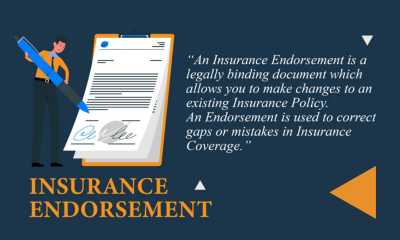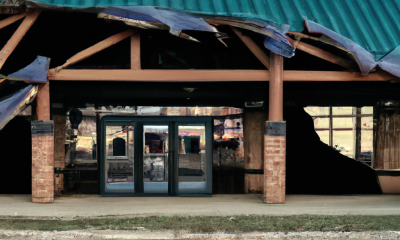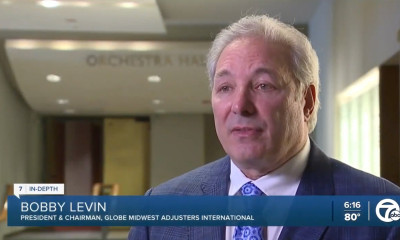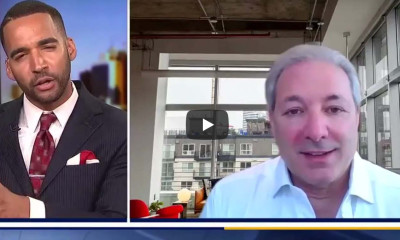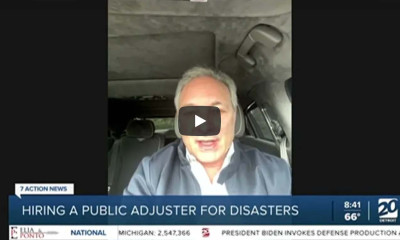There may be a day when you, a business owner, will find yourself face to face with a situation where your business is far too damaged to remain open.
As a business owner, you already have a lot on your plate.
The last thing that you need is to deal with the detrimental consequences of a tornado, flood or fire that has disrupted your already-chaotic operations of business.
We understand that it’s difficult to be proactive during a time like this but one thing that you can do to deal with losses more quickly is to make sure that you have business interruption insurance in place.
Here are a few strategies for business owners to use when an insurance carrier denies a business interruption claim.
Tip #1: Have the Right Coverage
- When taking out a policy, review your coverage to make sure that the policy meets your business’s needs.
- Not all business interruption events are covered by business interruption insurance policies but most are.
- Discuss the potential issues you may face if forced to shut down due to some sort of unforeseen event.
- Insurance agents are generally able to discuss different scenarios and what would happen after specific types of events but at the end of the day, they are there working for the insurance company, not for you.
- This is when it would pay off to discuss coverage issues or related questions with a public adjuster to ensure the coverage being considered is appropriate.
- It’s the public adjuster’s mission to fight on your behalf when up against an insurance company.
Tip #2: Have an Updated Inventory List
- Time is always important.
- When a business is not open for a significant period of time due to a covered event, there must always be records available to verify the losses claimed.
- After a catastrophic event, it’s often impossible to substantiate a business’s inventory.
- Always carefully track inventory so that there are no questions of the types and quantities of inventory at any given point.
- Industry experts strongly recommend for business owners to back up all records offsite to minimize the potential for claim delays.
- Payroll losses are also covered by most policies so that ensures businesses don’t find it necessary to replace employees after a forced closure.
- Know that you can discuss this section with a public adjuster to avoid potential employee retention and training issues after a loss.
- Getting your business back up and running may also require a great deal of specific cleaning and other various projects.
- While this is not generally a problem area, be aware that there may be times when an insurer will not be eager to pay the costs of a company’s specific needs.
Tip #3: Dealing with Business Interruption Delays and Denials
- In most instances, company owners will be able to negotiate a fair settlement to cover their losses during a business interruption.
- However, insurers may not always be willing to step up to the plate and provide the promised coverage.
- The most common reasons for a claim being denied are insufficient coverage, improper or insufficient documentation, and poor property maintenance.
- If a claim is denied, it’s vitally important to seek the professional guidance of a public adjuster quickly.
- While the help of an attorney may be required, discussing the issues with a public adjuster will almost certainly be necessary.
- While proper preparations and having the correct documentation are important, that may not always be enough to obtain a settlement.
- If your business interruption insurance claim is denied, seek help from a public adjuster immediately.
Business Owner’s Guide to Getting the Most for Your Property Insurance Claim
Dealing with a disaster recovery for your business is no easy task. Download our Disaster Recovery tips as a resource to help you through the turmoil.



